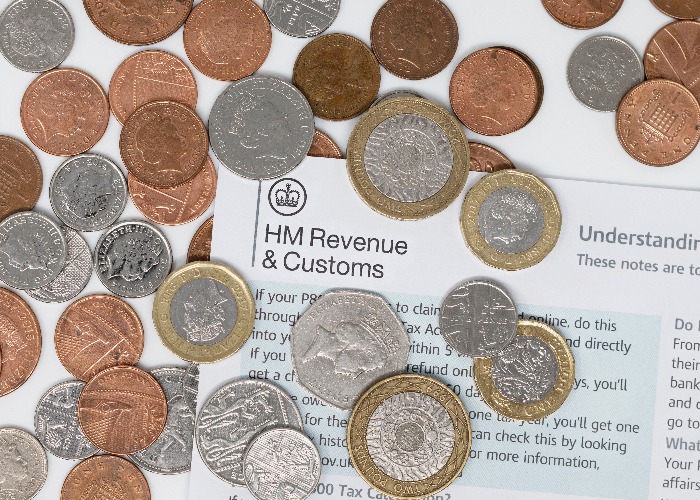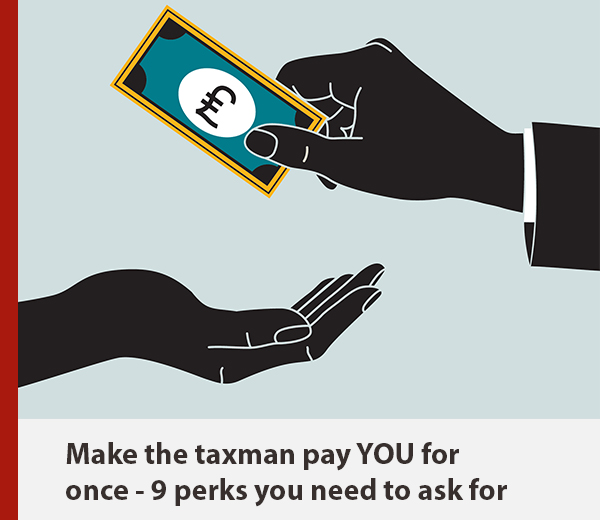Marriage Allowance: hundreds of thousands of pensioners at risk of tax shock

Combination of triple lock and frozen tax allowances means many will be hit with surprise tax demand.
The best part of a million pensioners may find themselves on the wrong end of an unexpected tax demand from HM Revenue & Customs (HMRC).
The Government has embraced a stealthy approach to tax, looking to boost its tax receipts without increasing rates, and instead freezing tax allowances and thresholds.
And it has emerged that a large number of pensioners will potentially be impacted as a result, missing out on the full benefits of a tax relief aimed at couples.
How does the Marriage Allowance work?
The Marriage Allowance was introduced back in 2015, and is designed to give married couples ‒ as well as those in civil partnerships ‒ a tax perk.
The idea is that the lower-paid partner is able to pass on some of their unused Personal Allowance over to their higher paid partner.
Each year we get a Personal Allowance, which sets out how much you can earn in that tax year before you start paying Income Tax.
For the current tax year, it stands at £12,570.
However, not everyone uses all of that allowance. As a result, lower earners are able to pass some of their allowance ‒ £1,260 ‒ to their higher-paid spouse, meaning the spouse is able to earn more money tax-free.
This could mean a tax saving of around £252 a year, while the fact you can backdate your claim to 2019 means it could provide a substantial saving.
Importantly, the higher-earning partner still needs to be a Basic Rate taxpayer ‒ if they are a Higher or Additional Rate taxpayer, then you cannot claim the tax perk.
The stealth tax trap
However, it has emerged that hundreds of thousands of pensioners who are making use of the Marriage Allowance could find themselves hit by a surprise tax bill.
A Freedom of Information request has revealed that of the 2.28 million couples that claim the relief, around 900,000 are pensioners.
And they are now at risk of falling foul of the taxman, once the State Pension increases kick in from April.
The start of the new tax year will see the full new State Pension increase by 8.5%, courtesy of the triple lock, which will mean that weekly payments rise to £221.20 per week, or £11,502 per year.
As a result, pensioners who have handed over some of their Personal Allowance through the Marriage Allowance will find that they now have to pay some tax on their income.
Admittedly it’s only a small amount ‒ around £39 ‒ but that figure will likely grow in the coming years as the State Pension is increased further, should the Personal Allowance remain frozen as planned until 2028.
What’s more, it’s clearly going to be a big source of stress. Many of us are understandably wary about falling foul of the taxman, and with money tight an unexpected demand for more cash could lead to sleepless nights about further demands.
Falling foul of stealth taxes
While the plight of pensioners claiming the Marriage Allowance has understandably caught the attention of pensions professionals, it’s worth remembering that it’s not just older people who are in a difficult position.
The Government’s decision to freeze Income Tax thresholds until 2028 also means that greater numbers of taxpayers are sliding from Basic Rate to Higher Rate status, as they secure modest pay increases.
Analysis from Coventry Building Society for example suggests that around 1.4 million people will move into the 40% tax band this year, which will remove their eligibility to the Marriage Allowance meaning that a decent chunk of that pay increase will be eaten up by a higher tax burden.
That changing status will also see their Personal Savings Allowance halved.
Basic Rate taxpayers can earn £1,000 in interest from their savings before paying tax, but this drops to £500 for Higher Rate taxpayers (and nothing at all for additional rate taxpayers).
That’s an awful lot of people being caught out by the Government’s stealthy approach to taxation, and so may not even realise how they are being impacted.
Next month’s Budget offers the Government a chance to address some of these issues, particularly with a General Election on the horizon, though the fact that this tactic looks to be so effective in hiking tax receipts means a fix is unlikely.
Comments
Be the first to comment
Do you want to comment on this article? You need to be signed in for this feature
